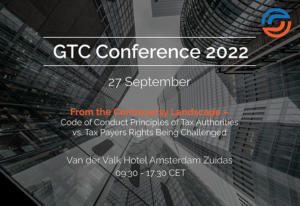By DLA Piper
In our Global Tax Alerts in February 2018 and January 2019 we discussed the Dutch Court of Appeal’s decision which held that dividend distributions from Dutch entities to South African entities are effectively exempt from Dutch dividend withholding tax pursuant to the most favoured nation (MFN) clause in the tax treaty between the Netherlands and South Africa (NL-SA Treaty).
This issue has now also been considered in a South African context where the Tax Court of South Africa (Cape Town) came to the same conclusion that dividend distributions from a South African entity to a Dutch entity may be exempt from South African withholding tax pursuant to the most favoured nation (MFN) clause in the NL-SA Treaty.
Some of the interesting aspects from the case of ABC Proprietary Limited v The Commissioner for the South African Revenue Service (Case No: 14287), which was delivered on 12 June 2019, include the following:
- The South African Revenue Service (SARS) argued that:
- the taxpayer was exploiting what is an entirely unanticipated, unforeseen and unfortunate occurrence to refuse to pay tax in South Africa despite the fact that the contracting parties never meant this to happen;
- the consequences are potentially financial disastrous for South Africa, thus the true intention of the parties must be taken into account when interpreting the provisions of the NL-SA Treaty.
- the Court sympathised with the unfortunate consequences to the country’s fiscal wellbeing where the MFN clause is applied in the NL-SA Treaty but held that:
- the provisions of the NL-SA Treaty are clear and provide that in the event another state receives preferential treatment from South Africa in future, the Netherlands resident must be given the same preference;
- the subsequent conclusion of the Sweden agreement, read together with the Kuwait agreement at the time, clearly provide preferential treatment for Sweden / Kuwait residents, which should also be conferred on the Netherlands; and
- given that the wording in these agreements in clear, the Court cannot have regard to the intention of the contracting parties at the time.
- Not only was SARS unsuccessful on the merits but a cost order, including the cost of two counsel, was awarded against SARS.





